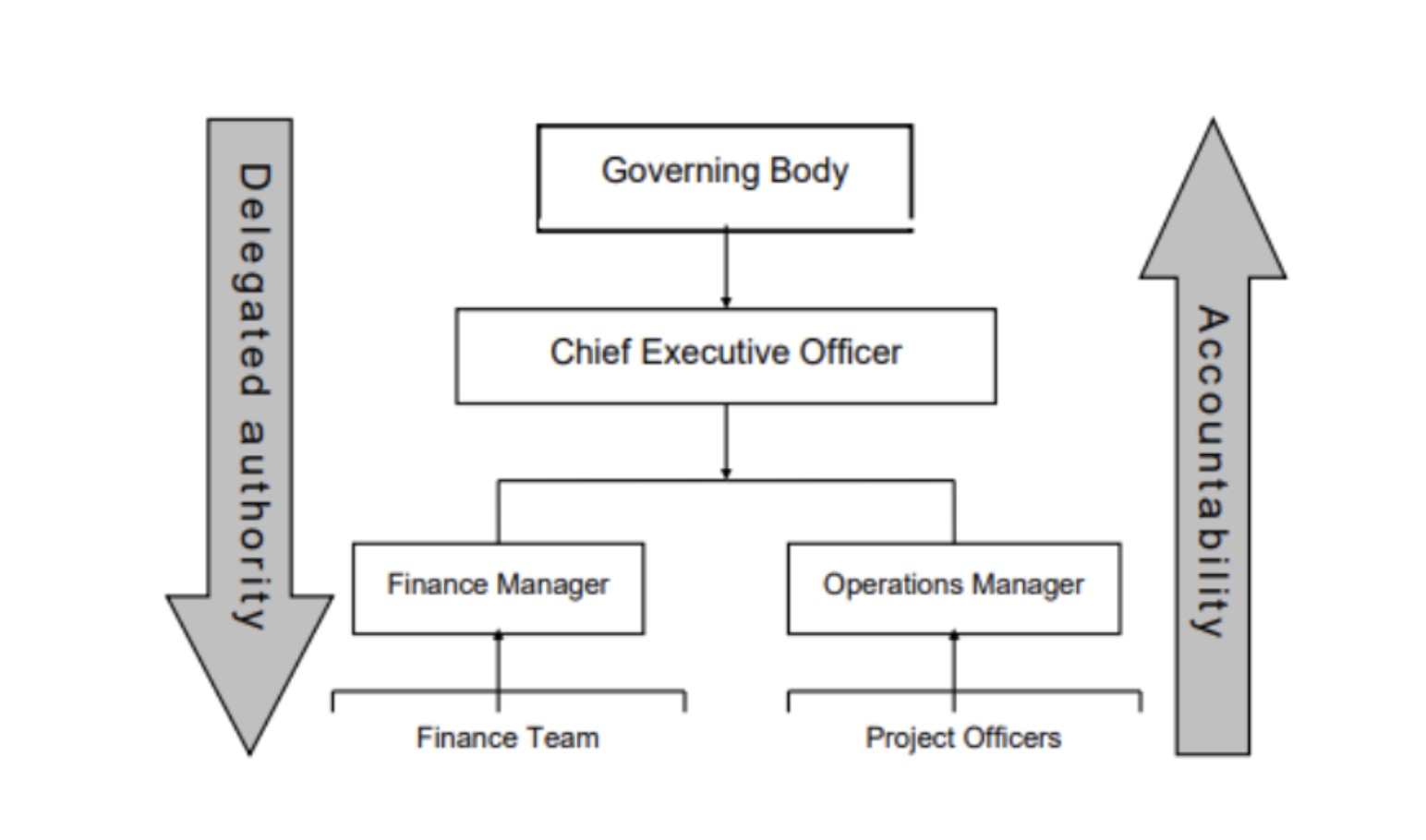Become a Member
SHPIK
Board and Governance
The highest organ of SHPIK is its Board. The primary function of the board is the governance. The board is responsible for protecting the interests of SHPIK and its stakeholders.
Board Members
Governance Structure
SHPIK is registered as a non-governmental organization (NGO) in accordance with the Law on Freedom of Associations in NGO’s and will apply for the “public beneficiary status” in accordance with the Article Nr.17 of same Law. SHPIK’s registration number is: 5114657-3.
The Governing Board of SHPIK (the Board) is accountable for following functions related to the work plan and budget:
- Guide the development of a clear vision, mission, and strategic direction for SHPIK
- Sign-off on SHPIK’s Annual Report
- Commission independent evaluations of SHPIK every three to five years
- Support development and presentation of multi-year work plans and budgets that support strategic priorities
- Oversee implementation of the work plan and budget thereafter, providing recommendations for action
- Approve revisions to the agreed budget and work plan within the limits of delegated authority
- Review work plans, budgets, substantive and financial reports submitted by the Executive Director (ED) and recommend required action to ensure the effective implementation of the approved work plan and budget
- Actively support fundraising activities of SHPIK
By selecting the executive management of the organization (the CEO), the board will have a major role in defining what it expects in integrity and ethical values. The CEO of the organization then decides how to further delegate authority, to share out duties among the staff team:

Board Members Code of Conduct and Principles
In addition to adhering to SHPIK’s Code of Ethics and Professional Conduct, Board member are willing to dedicate their time-, resources- and skills to the organization, and adhere to the following principles:
- Serves the organization first
- Avoids conflict situations
- Think strategically
- Maintains objectivity
- Exercises good judgment and serves with fairness and integrity
- Work in team
- Participate and contribute proactively in board’s work
- Maintain good relations with donors and in fundraising the organization
- Participate actively in evaluation of the performance of the organization
- Is a partner in achieving the organization’s mission
The term of office of Board
The term of office of board members is three years.
All board members are eligible for re-election.
The board appoints the executive director of the organization, who is member of board.
The board meets at least four times per year.
Responsibilities
Board Member Responisbilites:
- Guide the development of organizations strategic direction
- Sign-off on SHPIK’s Annual Report
- Commission independent evaluations of SHPIK every three to five years
- Support development and presentation of multi-year work plans and budgets
- Oversee implementation of the work plan and budget thereafter, providing
recommendations for action - Approve revisions to the agreed budget and work plan within the limits of delegated authority
- Review work plans, budgets, substantive and financial reports submitted by the Executive Director (ED) and recommend required action to ensure the effective implementation of the approved work plan and budget
- Actively support fundraising activities of SHPIK
Board President
In addition to the responsibilities outlined in Board Member Responsibilities:
- Is chairperson of the board and of the whole body
- Provides leadership to the board
- Chairs meetings of the board
- Encourages the board’s role in strategic planning
- Helps guide and mediate board actions with regard to organizational priorities and
governance concerns - Informally evaluates the participation and effectiveness of board members
- Oversights the work of Executive Director
- Has the signatory authority in accordance with the organizations authorization matrix
Executive Director
In addition to the responsibilities outlined in Board Member Responsibilities:
- Create a vision that is shared with others in order to provide unity within the organization
- Lead and manage the organization
- Engage the external community and build external relationships
- Manage financial / Fundraising affairs
- Support the board of directors
- Oversee the administration, programs and strategic plan of the organization
- Acts as chief spokes person for SHPIK
- Leads the personnel performance evaluation process
Finance Manager
In addition to the responsibilities outlined in Board Member Responsibilities:
- Oversee cash flow management
- Track important KPIs and analyze trends
- Forecast return on investment (ROI) for current and future programmes
- Develop and monitor budgets
- Inform key stakeholders of financial status and investment plans
- Ensure all financial operations comply with applicable laws and internal procedures
- Present monthly, quarterly and annual financial statements to executives and board of directors
- Coordinate audit activities
- Supervise the accounting department to ensure smooth day-to-day transactions.








